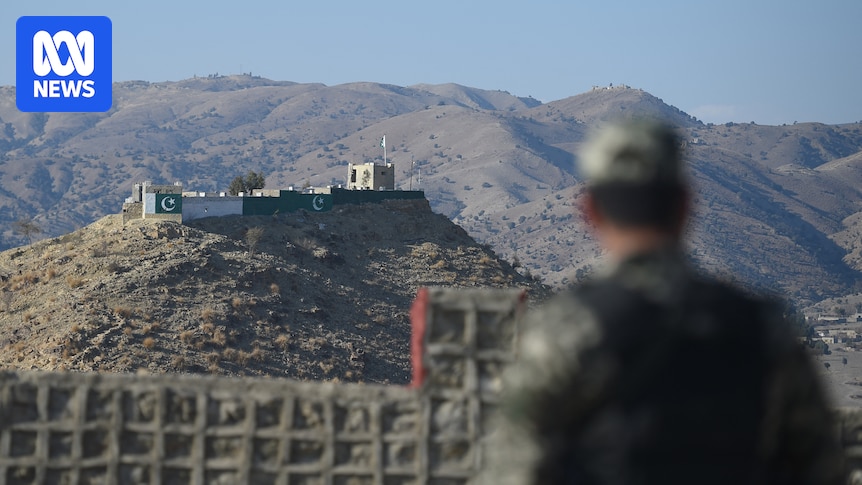
Afghanistan’s Taliban forces have launched a series of attacks on Pakistani soldiers along the nations’ shared border, accusing Pakistan of conducting air strikes on Afghan soil. This development has been confirmed by senior officials from several Afghan provinces.
The Taliban claimed to have captured three Pakistani border posts. In response, Pakistani security officials reported the destruction of several Afghan posts. Clashes are ongoing, with both sides accusing each other of initiating the conflict.
According to Pakistani security officials, the exchange of fire occurred at more than six locations along the border. “This evening, Taliban forces began using weapons. We fired first light and then heavy artillery at four points along the border,” a senior official in Pakistan’s Khyber-Pakhtunkhwa province, which borders Afghanistan, told AFP.
Escalation of Border Clashes
Pakistani forces reportedly responded with heavy fire and shot down three Afghan quadcopters suspected of carrying explosives. The situation follows a series of explosions in the Afghan capital, Kabul, and the southeastern part of the country on Thursday.
The Taliban-run defense ministry attributed these attacks to Pakistan, accusing it of violating Afghanistan’s sovereignty. “In retaliation for air strikes carried out by the Pakistani army on Kabul,” Taliban forces engaged in “heavy clashes against Pakistani security forces in various areas” along the border, the Afghan military stated.
Taliban defense ministry spokesperson Enayat Khowarazm later declared the operations “successful” and warned of a strong response to any future territorial violations.
Underlying Tensions and Historical Context
The tensions between Afghanistan and Pakistan are deeply rooted in historical conflicts and the complex dynamics of regional militancy. Pakistan has long accused Afghanistan of harboring the Pakistani Taliban (TTP) on its soil, a charge that Kabul denies.
The TTP, which shares ideological ties with the Afghan Taliban, has intensified its campaign against Pakistani security forces, particularly in the mountainous border regions. A United Nations report earlier this year highlighted that the TTP received “substantial logistical and operational support from the de facto authorities” in Kabul.
“We will not tolerate this any longer,” Pakistani Defence Minister Khawaja Muhammad Asif stated, emphasizing the need for a united response to those facilitating militancy.
Implications and Future Prospects
The recent escalation at the border represents a significant challenge for both nations, with potential implications for regional stability. The ongoing violence complicates efforts for peace and cooperation in the region, which has been marred by decades of conflict.
Experts warn that continued hostilities could lead to a broader conflict, affecting not only the immediate border areas but also the geopolitical landscape of South Asia. The international community has urged both countries to engage in dialogue to de-escalate tensions and address the underlying issues fueling the conflict.
As the situation unfolds, the focus remains on diplomatic efforts to prevent further violence and ensure stability in the region. The coming days will be crucial in determining whether both sides can find common ground or if the conflict will continue to escalate.







